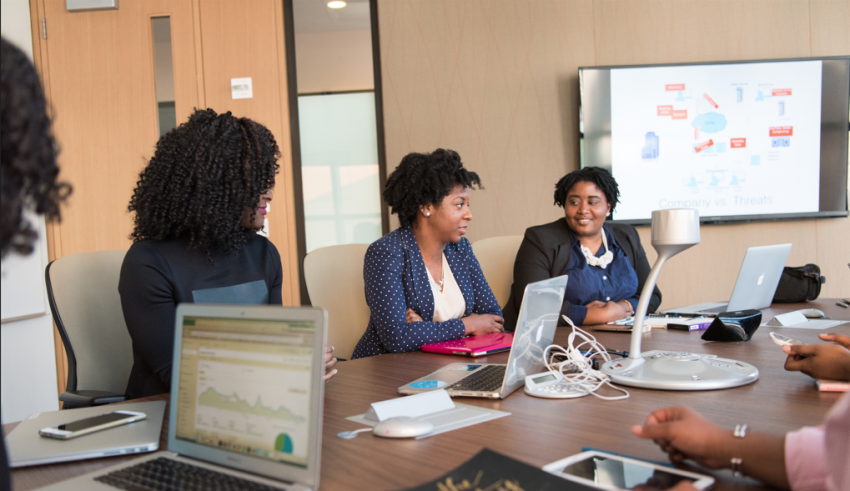
It is an inspirational sight to witness women excelling in various spheres of endeavour, especially in areas known to be male-dominated like engineering, construction, energy among others. The cry for the opportunity to have a seat ‘at the table’ is finally achieving some results although there remains more room for improvement.
However, I can’t help but wonder if the few women who have climbed up the ladder and find themselves at the table are equally committed to sharing the opportunity with others. On International Women’s Day every year, we rally women young and old, all around the world to protest against the status quo online and at in-person events with hashtags such as #PledgeforParity (2016), #BeBoldforChange (2017), #PressforProgress (2018), #BalanceforBetter (2019), #EachforEqual (2020), #ChoosetoChallenge (2021) #BreakTheBias (2022) and #EmbraceEquity (2023) which is all well and good as they serve as conversation starters to deep issues concerning gender equality.
Nevertheless, after all the hype on IWD online, the panel discussions and talk shows on TV and radio, what happens next? Do we all return to our lives only to rekindle the conversation the following year? As a friend remarked, who does it actually benefit? The few women up there who get to enjoy more perks or the many women down the ladder? What efforts are the top executive women making to groom other women aspiring to progress to take over from them when they move on to bigger roles? Do they go back to perpetuating the stereotype that women are their own enemies in the offices?
As they say, talk is cheap. The discussions sound very optimistic, inciting some hope in women striving to do their very best to excel in their chosen careers. But what evidential impact are the discussions having in the offices? How is it influencing the culture at the various organizations? How is it affecting the relationships between female leaders and their subordinates?
If the women participating in these ‘empowerment events’ either as speakers, panelists, facilitators or guests are not going to practise what they preach, then the façade of a movement is going to go on for a long time with little progress.
If mentorship is a way to go, then we implore our female leaders to provide the opportunity for others to learn from them. In the same vein, when we as the persons still striving to climb the ladder, should commit to the journey when the opportunity is made available to us. If we all commit to learn from one person and teach another, surely, the impact will be felt from one home, office, community to another.
Let’s definitely keep the conversations going, blasting the hashtags online but by all means, let’s put it into action. If it is possible to make gender equality a norm, let’s start now.
Source: Glitz Africa Magazine issue 29








